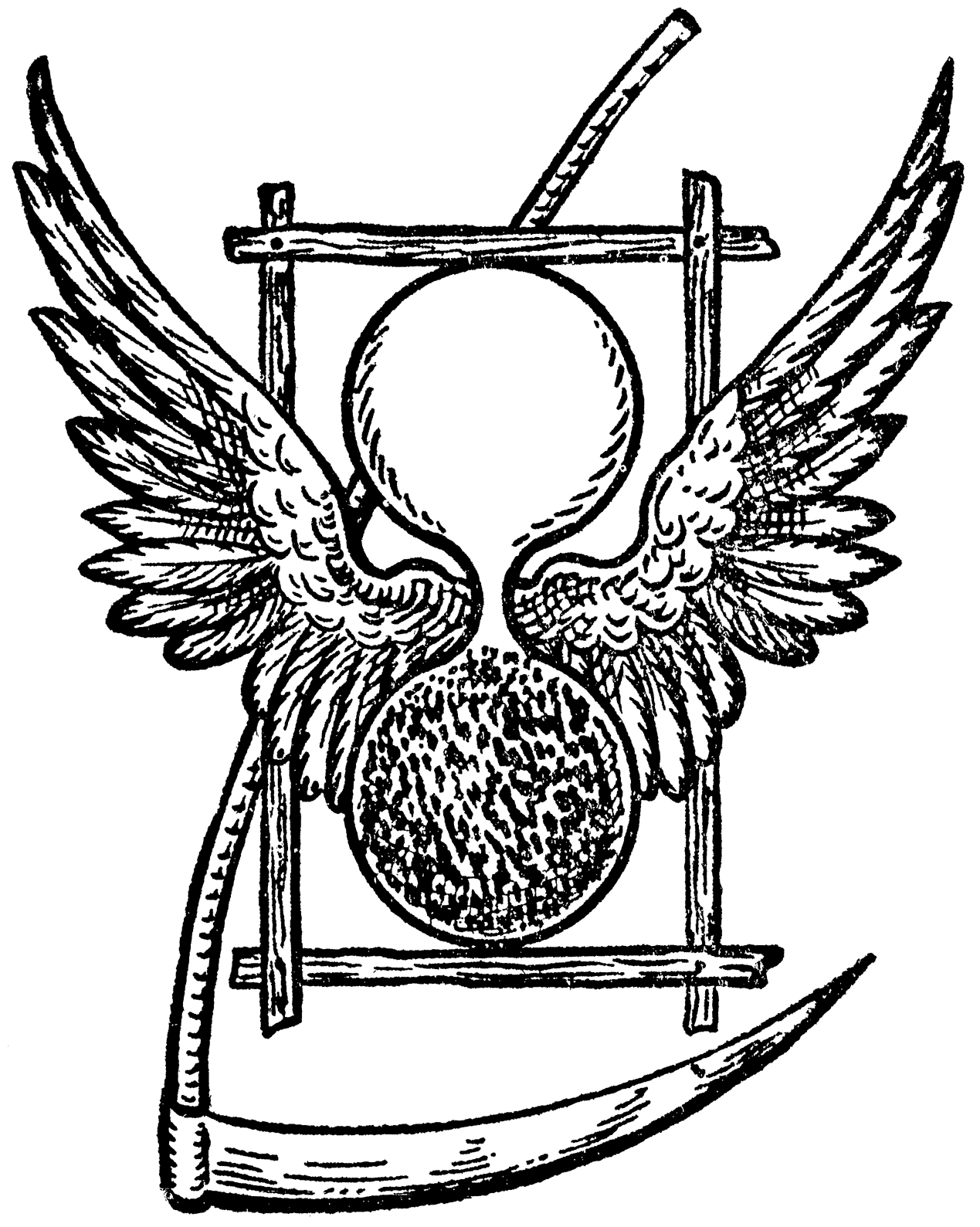Within minutes of walking through an Israeli military checkpoint along Gaza’s central highway on Nov. 19, the Palestinian poet Mosab Abu Toha was asked to step out of the crowd. He put down his 3-year-old son, whom he was carrying, and sat in front of a military jeep.
Half an hour later, Mr. Abu Toha heard his name called. Then he was blindfolded and led away for interrogation.



This is the best summary I could come up with:
Within minutes of walking through an Israeli military checkpoint along Gaza’s central highway on Nov. 19, the Palestinian poet Mosab Abu Toha was asked to step out of the crowd.
The expansive and experimental effort is being used to conduct mass surveillance there, collecting and cataloging the faces of Palestinians without their knowledge or consent, according to Israeli intelligence officers, military officials and soldiers.
Surveillance of Hamas in Gaza was instead conducted by tapping phone lines, interrogating Palestinian prisoners, harvesting drone footage, getting access to private social media accounts and hacking into telecommunications systems, Israeli intelligence officers said.
Robert Watts, Corsight’s president, posted this month on LinkedIn that the facial recognition technology could work with “extreme angles, (even from drones,) darkness, poor quality.”
Mr. Abu Toha, the Palestinian poet, was named as a Hamas operative by someone in the northern Gaza town of Beit Lahia, where he lived with his family, the Israeli intelligence officers said.
In a statement at the time, the Israeli military said Mr. Abu Toha was taken for questioning because of “intelligence indicating a number of interactions between several civilians and terror organizations inside the Gaza Strip.”
The original article contains 1,453 words, the summary contains 191 words. Saved 87%. I’m a bot and I’m open source!